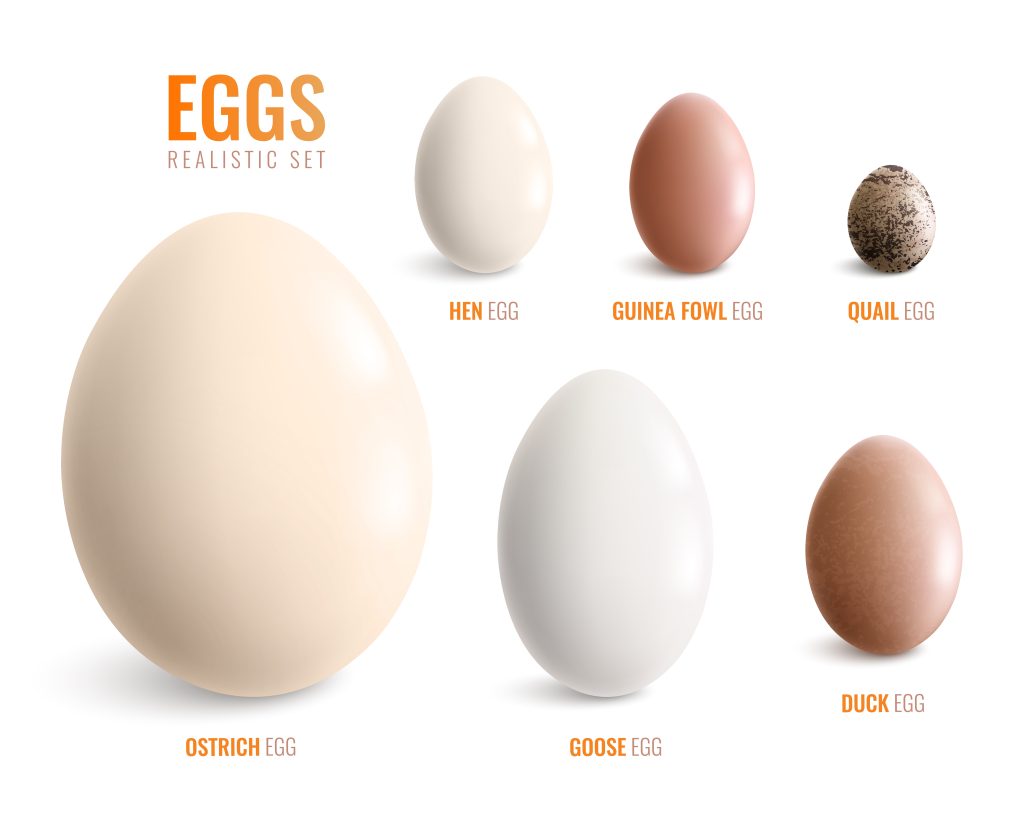Eggs in dog nutrition have been the subject of heated debate in the community dedicated to the care of these non-speaking friends. Over time, they have been viewed as both a valuable source of nutrients and potentially dangerous due to the risk of allergies and bacterial contamination.
Despite these controversies, eggs remain a topic of interest due to their nutritional richness and the impact they can have on the health and general condition of dogs.
Next, we will explore both the benefits and contraindications of eggs in canine nutrition, providing a comprehensive perspective on how these foods can influence the well-being and health of our best friends.
CONTENT:
- The benefits of eggs in dog nutrition
- Contraindications and precautions
- Types of eggs good for dogs
- How to give your dog eggs
Curious about feeding eggs to your dog but short on time? Watch this brief video that covers the main benefits, risks, and best practices for including eggs in a dog’s diet. Or, read on for a detailed breakdown!
The benefits of eggs in dog nutrition
Eggs are more than a delicious food for dogs – they are also a valuable source of nutrients that bring many benefits to their health and well-being. Here are some ways eggs can help keep dogs healthy:
1. High quality protein
Protein is fundamental to the growth and maintenance of dog muscles. Eggs are an excellent source of high-quality protein, providing the essential amino acids needed to develop and maintain healthy muscles.
2. Essential nutrients
Eggs are rich in a variety of essential nutrients, including vitamins A, D, E and B12, folic acid and minerals such as iron and selenium. These nutrients contribute to the proper functioning of the immune system, healthy bones and skin, vision and other vital processes in the dog’s body.
3. Improving skin and coat health
Omega-3 fatty acids, present in eggs, are essential for maintaining the health of dogs’ skin and fur. Regular consumption of eggs can help reduce itchiness and skin irritation and promote a shiny, healthy coat.
4. Healthy digestion
Eggs are easily digestible for most dogs and contain enzymes that can help maintain healthy digestive function. These can be useful for dogs with digestive sensitivities or intestinal transit problems.

Contraindications and precautions
Giving eggs to dogs can bring many benefits, but there are also certain contraindications and precautions to consider:
1. Allergies and intolerances
Some dog breeds can be sensitive to eggs and develop allergies or intolerances to them. Signs of an allergic reaction may include excessive itching, rashes, diarrhea, or vomiting. In such cases, it is important to eliminate eggs from the dog’s diet and consult a veterinarian to determine an appropriate feeding plan.
2. The risk of salmonellosis
Raw eggs pose a risk of contamination with bacteria such as salmonella, which can cause serious digestive problems in dogs. It is crucial to exercise caution when offering raw eggs and make sure they come from safe and reliable sources. Cooking eggs before giving them to your dog can help reduce this risk.
3. Excessive intake of calories
Eggs are high in calories and consuming too much can lead to weight gain and related health problems such as obesity and related conditions. It is important to balance your dog’s diet and consider all sources of calories, including eggs, to maintain a healthy weight and prevent health problems associated with being overweight.

Types of eggs good for dogs
All types of eggs can be included in a dog’s diet, provided they are properly cooked. Quail eggs, chicken eggs, duck eggs and other types of eggs are an excellent source of protein and nutrients for dogs. In general, there is no significant difference between these types of eggs in terms of nutritional value for dogs.
Quail eggs, for example, are sometimes preferred for dogs because of their smaller size and the fact that some owners believe they are easier for dogs to digest. However, any type of cooked egg, be it quail, chicken or duck, can be included in your dog’s diet with health benefits.
Commercial eggs are usually chicken eggs and are just as suitable for dogs. It is important to make sure the eggs are fresh and properly cooked before giving them to your dog. Avoid raw eggs to prevent the risk of bacterial contamination and ensure healthy digestion for your dog.

How to give your dog eggs
When you decide to include eggs in your dog’s diet, it is important to follow certain precautions and consider the correct way to offer them:
-
Boil the eggs before giving them to the dog
Boiling eggs before giving them to your dog is essential to reduce the risk of contamination with salmonella and other harmful bacteria. Cooking the eggs ensures the destruction of pathogenic microorganisms and makes the eggs safer for canine consumption.
-
Always remove the egg shell
Eggshells can be difficult for dogs to digest and present a risk of choking or intestinal obstruction. Therefore, it is crucial to remove the skin before serving them to your dog. You can remove the skin before or after cooking, depending on your preference and how easy it is to remove.
-
Balance the amount of eggs in the dog’s diet
Offer eggs as a snack or part of the dog’s diet, but be sure to balance the amount to avoid excessive calorie intake. Eggs are high in calories and consuming too much can lead to weight gain and related health problems. Consult a veterinarian to determine the right amount of eggs for your dog based on his nutritional needs and health.

Therefore, by following these tips and recommendations, you can successfully integrate eggs into your dog’s diet, providing them with a valuable source of nutrients in a safe and healthy way.
In conclusion, eggs can be a healthy and delicious addition to a dog’s diet, providing them with a wide range of essential nutrients. However, it is important to pay attention to your dog’s individual reactions and consult a veterinarian before making significant changes to his dog’s diet. A balanced and moderate approach is key to ensuring your canine friend gets the most out of the benefits of eggs in their diet.

